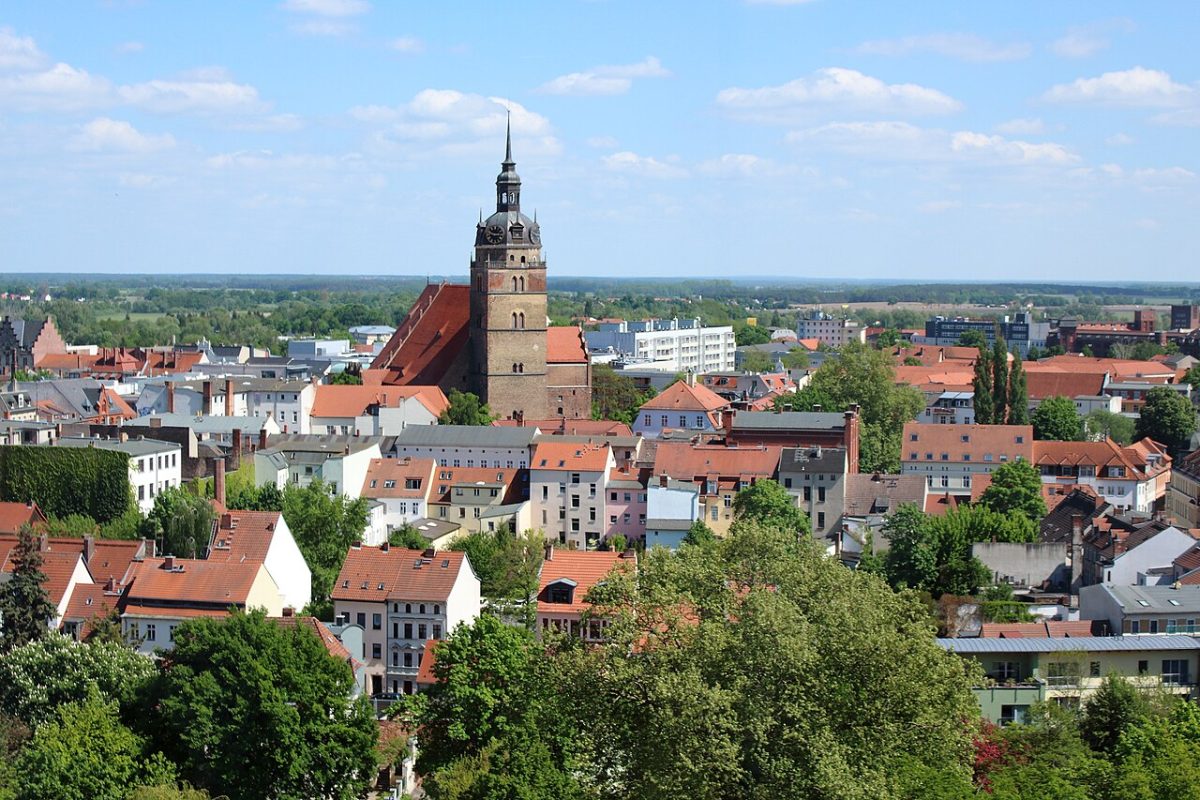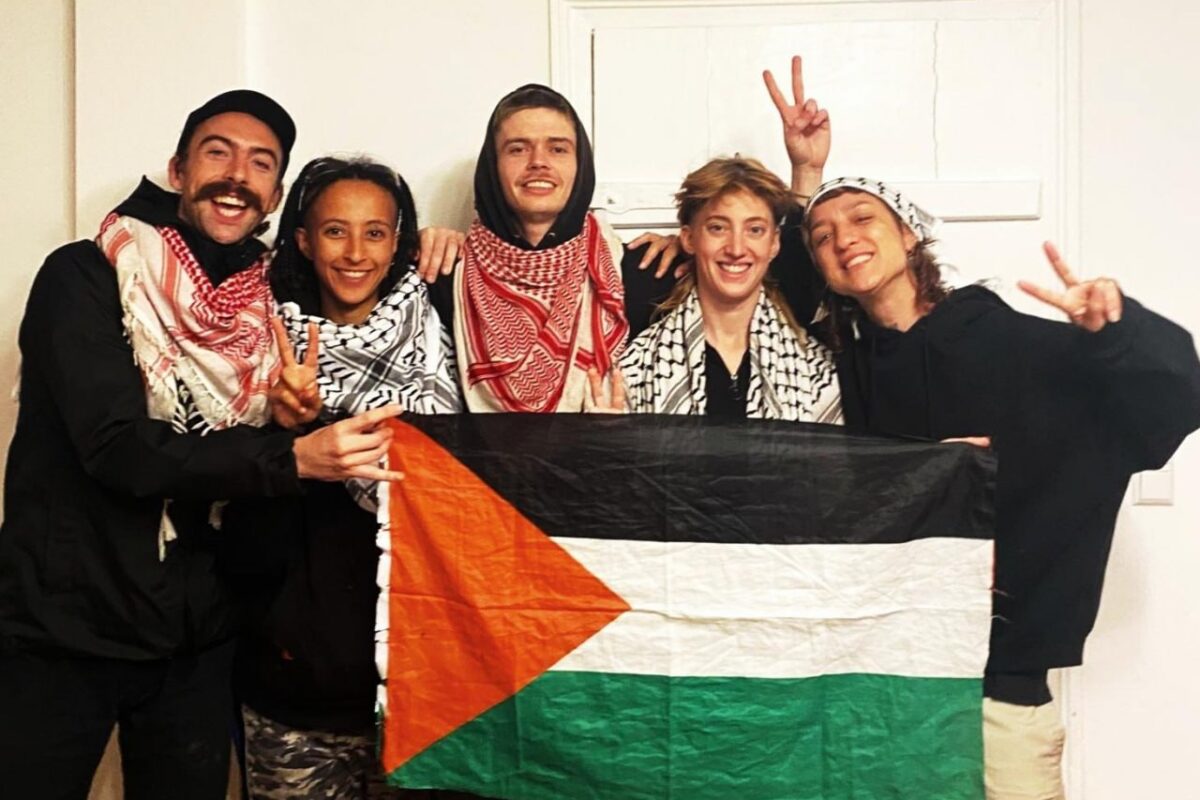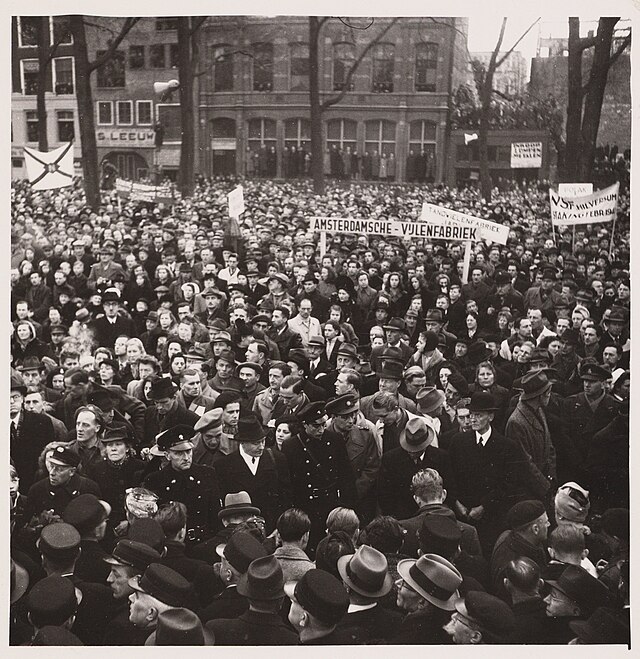In Brazil, we have our own brand of fascism. It is called integralism, and since the 1920s its slogan has been “God, Country, and Family”. In the past years, they have added freedom to the mix, but a very particular type of freedom. They claim to rescue the soul of the Brazilian national identity from exogenous ideologies such as communism. Their definition of communism – or of a Marxist cultural revolution – is paranoid and conspiratory: the dictatorship of the politically correct would epitomize the ongoing war against a true nationality. Pillars of the post-1945 order, liberal democracy and the social democracy, are deemed evils that distort the authentic nature of the Brazilian nation. For integralists, the military are the gatekeepers of an allegedly authentic “democracy”, one that defends the opposite of the politically correct, and that could, hence, be described as racist, misogynist, and repressive toward those considered outcasts. The very idea that Brazil is a racial democracy is integralist to its core, as it intentionally overlooks structural inequalities, as well as the everyday violence and prejudice Black Brazilians face.
On January 8th 2023, an integralist mob stormed into Congress, the Supreme Court, and the Presidential Palace in Brasília, the capital city of Brazil. Aiming at occupying them and overthrowing the sitting President just one week after the inauguration, they believe the Lula administration will transform Brazil into a communist country. Reinforcing their idea that the Armed Forces and the security forces would support their revolution, the military police in Brasília actually escorted the mobs from their meeting point in front of the Army’s headquarter all the way to the Esplanada (Brazil’s National Mall) in a roughly one-hour walk. The police were entirely aware of the mob’s intentions: they had been explicit on social media, and intelligence, as well as the media, had been monitoring them. They sought to occupy the buildings of the three constituted powers to create a situation where Lula would be forced to resign.
At first, police forces offered only symbolic resistance to the integralists’ invasion of Congress and no resistance at all to their invasion of the Supreme Court and the Presidential Palace. Indeed, cameras caught police officers taking selfies and buying coconut water as the mob invaded and destroyed the symbols of the Brazilian republic. This behavior is highly contrasting with the police’s treatment of left wing peaceful demonstrators, especially when they are Black. In these cases, police brutality is absolutely trivial in Brazil. As the majority of the integralist mobsters wear Brazil’s soccer jersey, social media was buzzing with the idea that Paris Saint German’s Neymar is the only one to get beaten while wearing said uniform.
The police reacted only when Supreme Court Justices, Congress Reps, and the Executive branch threatened to enforce a constitutional federal intervention in the capital city which would oust the governor and other members of his cabinet, transferring the political administration of Brasília to the federal government for a predetermined period of time, a measure that must be vetted by Congress. The governor, Ibaneis Rocha, then rushed to fire the public safety secretary who, curiously enough, was in Florida, United States, where the former President Jair Bolsonaro sought refuge days before the end of his tenure. By the way, Anderson Torres had been Bolsonaro’s Minister of Justice, and Ibaneis had been consistently warned against naming Torres his public safety secretary. Even though Lula proposed an intervention circumscribed to Brasília’s public safety, which will be swiftly vetted in Congress, as we write this column the Supreme Court ordered a 90-days quarantine for Rocha from Brasília’s government so he does not meddle in the investigations.
It was a busy Sunday evening in police stations across Brasília. After Rocha fired Torres, the police actually controlled the crowds and it has been reported that 204 have been arrested. Others went back to camp in the front of the Army’s headquarters, and when the police showed up to make arrests to dissolve the camp, Army officials stood up against the police. At a glance, this seems like the Army had the mobsters’ backs, and it might be in some, or even most, of the Army officers’ interests to actually defend those citizens who include family members, former officials, and friends. However, since the immediate neighborhood of the headquarters is technically military territory, there is a margin for them to declare the camps under their jurisdiction, which does not excuse their harboring of political criminals who were caught, but provides them with enough of a gray area.
Once again, as we write this column in the morning of January 9th, the Army itself is dismantling the camp in front of Brasília’s headquarters, as well as the one in front of Rio de Janeiro’s. Yet, those in other key cities such as São Paulo still remain intact. In Brasília, another 1.200 people have been filed at the federal police station after being collected in the camp. Some living in those camps under military jurisdiction across Brazil have been there since early November, days after the second round of the elections, when Lula was declared the winner. They have been demanding a military coup to rescue Brazil’s soul from an alleged communism and to enforce a regime based on “God, Country, and Family” thus conquering their supposed true freedom. There have been disagreements between Lula’s Ministers of Justice and Defense over how to proceed regarding those camps. Flavio Dino, the Justice Minister, understands they are a breeding ground for terrorism, as shown in the December 24th terrorist attempt to detonate a bomb in a fuel truck heading to the international airport. José Múcio, the Defense Minister, claimed “there are very fine people on both sides”, and that even he himself has friends in the camps. Of course, following the invasion of the three constitutional powers’ headquarters in Brasília, Múcio was obliged to change his position, ordering the Armed Forces to remove the camps from their territories. It is, however, a mystery whether they will indeed do so given there are military families in the camp, as well as former military, besides the camps beefing up the Armed Forces’ political leverage.
Mariana Kalil is a Professor at the Brazilian War College and Senior Fellow at the South American Institute for Policy and Strategy (ISAPE), Brazil.
Thiago Rodrigues is a Professor at the Institute for Strategic Studies, Fluminense Federal University, and Vice-President of the Fluminense Federal University’s Faculty Union, Brazil.




